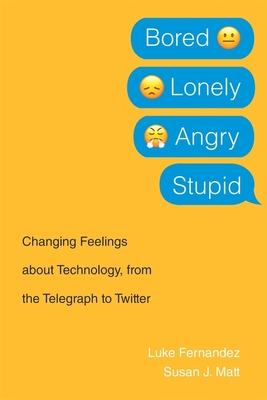Expedite your nonfiction book discovery process with Readara interviews, summaries and recommendations, Broaden your knowledge and gain insights from leading experts and scholars
In-depth, hour-long interviews with notable nonfiction authors, Gain new perspectives and ideas from the writer’s expertise and research, Valuable resource for readers and researchers
Optimize your book discovery process, Four-to eight-page summaries prepared by subject matter experts, Quickly review the book’s central messages and range of content
Books are handpicked covering a wide range of important categories and topics, Selected authors are subject experts, field professionals, or distinguished academics
Our editorial team includes books offering insights, unique views and researched-narratives in categories, Trade shows and book fairs, Book signings and in person author talks,Webinars and online events
Connect with editors and designers,Discover PR & marketing services providers, Source printers and related service providers

Bored, Lonely, Angry, Stupid: Changing Feelings about Technology, from the Telegraph to Twitter
Computers > Social Aspects
- Harvard University Press
- Paperback
- 9780674244726
- 8.2 X 5.4 X 1.4 inches
- 0.95 pounds
- Computers > Social Aspects
- (Single Author) Asian American
- English
Readara.com
Book Description
Technologies have been shaping [our] emotional culture for more than a century, argue computer scientist Luke Fernandez and historian Susan Matt in this original study. Marshalling archival sources and interviews, they trace how norms (say, around loneliness) have shifted with technological change.
--Nature
A powerful story of how new forms of technology are continually integrated into the human experience...Anyone interested in seeing the digital age through a new perspective should be pleased with this rich account.
--Publishers Weekly
Facebook makes us lonely. Selfies breed narcissism. On Twitter, hostility reigns. Pundits and psychologists warn that digital technologies substantially alter our emotional states, but in this lively look at our evolving feelings about technology since the advent of the telegraph, we learn that the gadgets we use don't just affect how we feel--they can profoundly change our sense of self. When we say we're bored, we don't mean the same thing as a Victorian dandy. Could it be that political punditry has helped shape a new kind of anger? Luke Fernandez and Susan J. Matt take us back in time to consider how our feelings of loneliness, vanity, and anger have evolved in tandem with new technologies.
Author Bio
I work at the intersection of computing and the humanities. On the one hand this means that I develop digital tools that help humanists teach more effectively. On the other hand it means that I use the framework of the humanities to shed light on the culture of computing and how computing, in turn, is shaping American culture. I am currently co-authoring a history that traces some of the hopes and anxieties that Americans have harbored about information technology.
Education
- Ph.D., Political Science, Cornell University
- M.A., Political Science, Cornell University
- B.A in Political Science, Amherst College
Source: Weber State University
Videos


Community reviews
No Community reviews

